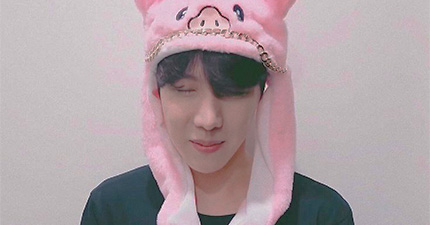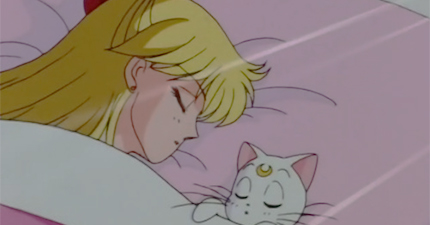Chinese gender ideals do not have the cultural odorlessness of Japanese masculinities and femininities. This is because Chinese gender ideology did not emerge from modernization as a result of westernization but modernization as a result of anti-imperialism struggle. The cultural odorlessness of hybrid East Asian gender ideology, in which Japan is overrepresented, is also what attracts western queers to Japanese images because these Japanese images respond to the supposed race neutrality of the West with an engineered race blankness and, in doing so, create the illusion of a free space for gender experimentation.
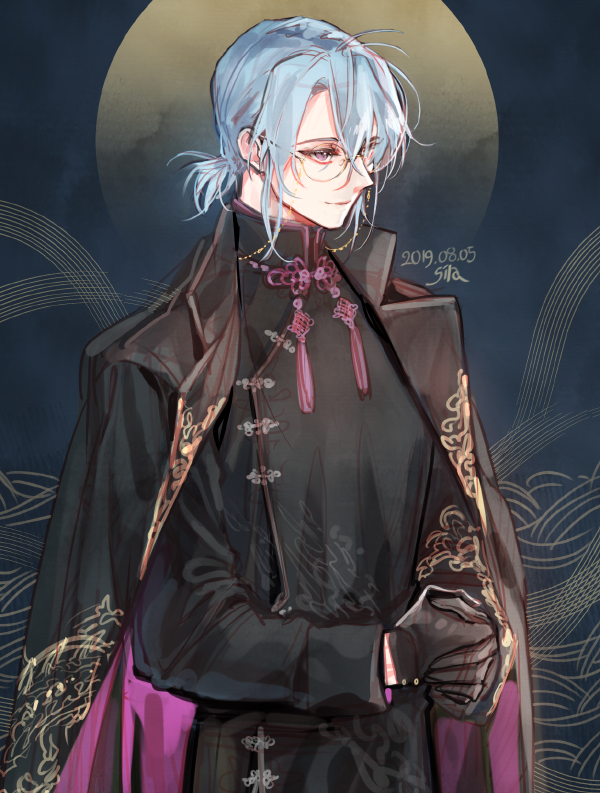
Chinese masculinity, on the other hand, is neither blank nor neutral. Instead, it collapses confucian scholarly masculinity with socialist revolutionary masculinity. In this type of masculinity, martyrdom takes a central focus. If you love someone, you will suffer for them. You will shed blood for them. In a neoliberal context, money takes the place of blood since it is obvious that money arises from human sacrifice in developing countries. If you love someone, you will buy them. You will pay for them.
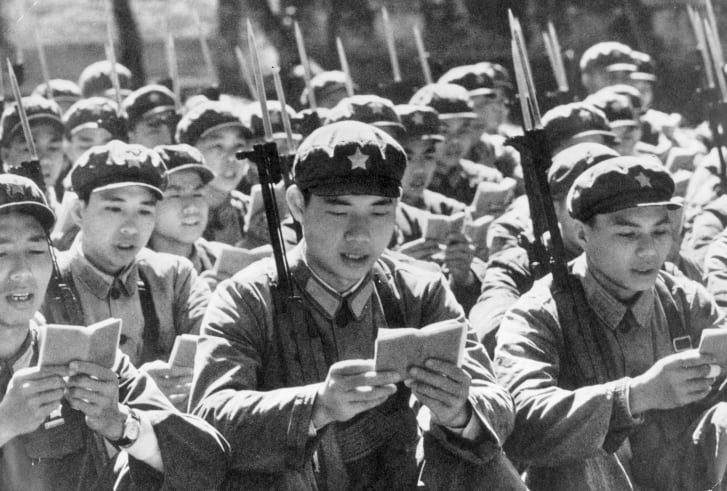
The capitalist patriarchy that exists in China is different from the capitalist patriarchy that exists in the West. The western patriarch buys women as investment and enjoys them. The Chinese patriarch pays for women out of masochism and sees the act only as an act of self sacrifice. The western patriarch hides his display of money behind a professional demeanor. The Chinese patriarch shows his cash loudly as if the lump sum of it were pieces of his own bleeding heart.
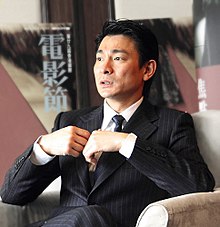
To resist Chinese patriarchy, one has to resist feelings of guilt. Chinese patriarchy holds its subjects hostage the same way a suicidal lover holds a partner hostage. It is a patriarchy that believes it suicided itself for you. To resist Chinese patriarchy, one has to be completely shameless. One must commit the gut wrenching sin of wasting ancestral sacrifice.
In order to obfuscate the possibility for and joy of shamelessness, Chinese patriarchs celebrate the embarrassed girl as his love object in visible and public ways. The Chinese patriarch seeks to educate the embarrassed girl as the colonizers educated him but prefers that she is a dumb student who never absorbs his lessons fundamentally even as she learns to mimic their affects. In this way, instruction as the performance of trauma can be continued and sustained as an ongoing project. The continued shame of the embarrassed girl is a testament to love in the Chinese patriarchal imagination.
Both western and Chinese masculinities are self pitying. While western patriarchs are self pitying when they do not get their way, Chinese patriarchs are self pitying because they get their way. Chinese patriarchs like to conflate their sense of righteousness with suffering. They like to see women as unrelenting users of men. This helps them frame their own humanity. Because all women are psychopaths in the Chinese patriarchal imagination (this emerges from a collapsing of Chinese mothers and socialist iron women. It emerges as the neoliberal Chinese woman who always has a hand on her man’s bank account and confiscates all his earnings in order to instruct him on how to live), he finds gentleness subversive and he glorifies the girl with the gentle heart while needing and seeking the women who control him in strong hearted ways. By polarizing femininity as lost but sacrificed gentleness and pragmatic tenacity, Chinese patriarchs are able to simultaneously assure themselves of their own humanity while still participating in the neoliberal world. The Chinese patriarch says that all he does, he does for women but the women that he refers to are only images that constrain and assure him of his own survival.
Because Chinese patriarchs constrain their gentleness and pragmatism in the images of women, Chinese patriarchs don’t know how to be gentle or pragmatic. They see themselves as lacking the emotional intelligence for gentleness, having not received it from their pragmatic mothers, and as lacking the material drive for pragmatism that women have. Chinese patriarchs say that Chinese women are 厉害, which means both awesome and ruthless. For Chinese patriarchs, women are always pragmatic because Chinese men dis-identify themselves from the economy by identifying women with the economy. If the economy is competitive, ruthless, and volatile, then women are also competitive, ruthless, and volatile.
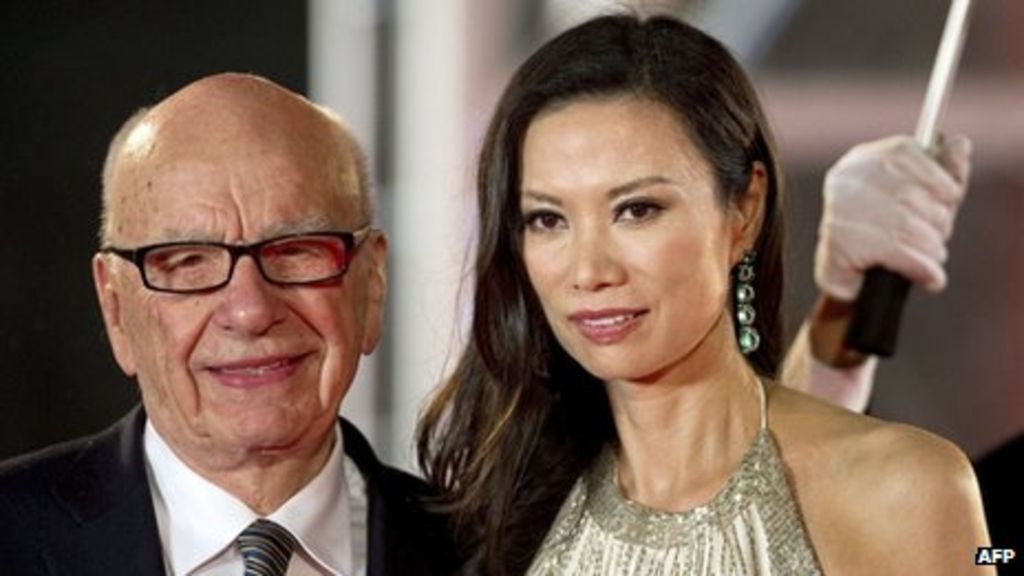
Chinese patriarchs are not always men. Rather, anyone can martyr themselves using the gender ideology of Chinese patriarchy.
1 of 188
>>>
